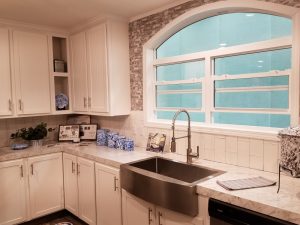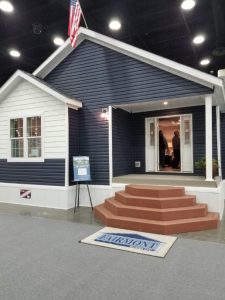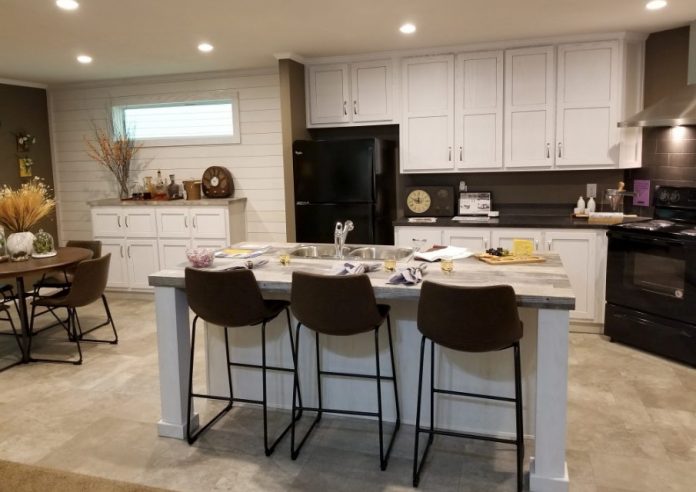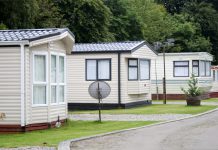SB 2155 Continues Trend of Anticipated Regulatory Relief for Manufactured Housing
The U.S. Senate on Wednesday passed to the House bipartisan legislation in Senate Bill 2155 that looks to peel back some of the “Truth in Lending” restrictions enacted in 2010, and includes amended language that would aid in the finance of manufactured homes.
Language in section 107 of Senate Bill 2155 would redefine what a loan originator is. The change would free up retailers, including community sales operations, to work with clients on some tactical aspects loan qualification without being in violation of regulatory measures.
Senate Bill 2155 Details
 Senators from both sides of the aisle voted 67-31 for the bill sponsored by Sen. Mike Crapo, R-Idaho. The bill would re-tune portions of Dodd-Frank legislation and would leave in place a large majority of its protections.
Senators from both sides of the aisle voted 67-31 for the bill sponsored by Sen. Mike Crapo, R-Idaho. The bill would re-tune portions of Dodd-Frank legislation and would leave in place a large majority of its protections.
Most significant, the new language would lower the regulatory reporting burden that many have said unnecessarily hinders smaller to midsize local and regional lenders.
Currently, any lender with holdings greater than $50 billion gets the added attention of Dodd-Frank with the Federal Reserve. The change, if it passes the House and is signed by the president, would raise that level five-fold to $250 billion. It also would allow financial institutions with holdings of less than $10 billion to shake loose from the Volcker Rule that bars federally insured banks from trading with depositors’ money.
However, the Fed would retain the right for 18 months following enactment of new legislation to re-institute these same consumer protections for banks with holdings between the $100 billion and $250 billion mark.
“The bill provides much-needed relief from the Dodd-Frank Act for thousands of community banks and credit unions, and will spur lending and economic growth without creating risks to the financial system,” the White House said in an issued statement following Wednesday’s vote.
What Manufactured Housing Gets from SB 2155

The Manufactured Housing Institute, the trade group representing manufactured housing on a national level, worked with Sen. Joe Donnelly, D-Ind., and other legislators to include the proposed language that will provide greater financing options for this vital class of housing.
Exempted banks would avoid the annual hurdle that ensures an institution has the coffers to endure a moderate range of economic disruption. The change also would eliminate the exempted banks from the requirement to register a dissolution and liquidation plan in the instance that the organization were to founder.
Other features of the bill would exempt some banks and credit unions from the need to report some mortgage loan data. This would change reporting on loan applicant age and credit score, as well as interest rate and loan costs.
Grassroots Lobby Efforts Push 2155
On section 107, MHI’s government affairs team put in significant time working directly with legislators, as well as organizing an information campaign to its membership and beyond, encouraging communication on the issued directed at Capitol Hill. The grassroots effort resulted in more than 3,000 phone calls, email and letters lobbying toward regulatory relief.
Different legislation, H.R. 1699, the Preserving Access to Manufactured House Act, gained House approval in December. It contains similar language to that approved in the Senate Bill 2155, which will need to be reconciled against each other as both chambers progress.










